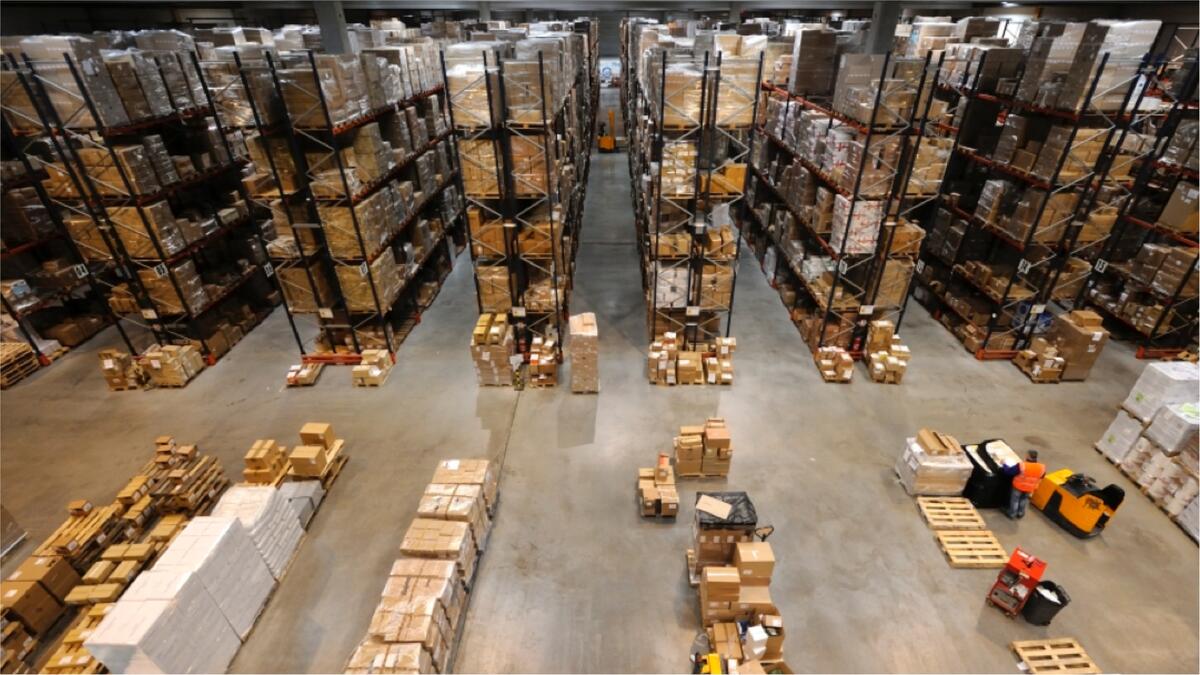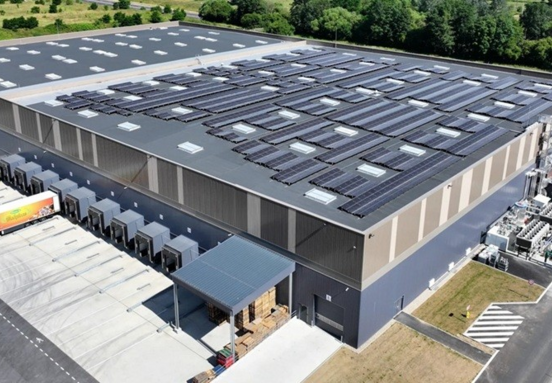According to a study by McKinsey entitled "Digital logistics: Technology race gathers momentum," companies are investing heavily in technology to optimize costs and increase productivity in their warehouses and transportation networks, while seeking to maintain a sustainable competitive advantage.
In this regard, here are the main logistics trends of 2024 that will shape the industrial and commercial landscape:
Digitalization of Logistics Processes: Digitalization will impact all aspects of logistics in 2024, from warehouse management to delivery. Technologies such as warehouse management software and autonomous vehicles will improve product traceability, thereby reducing delivery times and enhancing companies' competitiveness.
Inventory Visibility: Precise control of inventory levels will enable logistics providers to anticipate potential issues and optimize their operations. Tools such as warehouse management software will provide real-time visibility, enabling better performance analysis and more efficient demand planning.
Warehouse Automation and Robotics: Integrating automated systems into the transportation and storage of goods will speed up logistics processes. Solutions such as stacker cranes and picking robots will help meet demand peaks while improving accuracy and efficiency.
B2B E-commerce: Business-to-business e-commerce will continue to grow, prompting online wholesalers to adopt strategies based on marketplaces and subscriptions. Digital solutions will facilitate the synchronization of logistics centers with online selling platforms, providing an optimal shopping experience.
Artificial Intelligence (AI): The application of AI in the supply chain will play a crucial role in 2024, enabling more efficient software engineering and improvements in data management. Advances in generative AI will facilitate access to information and transform production processes.
Fast Deliveries: Pressure for ever-shorter delivery times will push companies to rethink their logistics, establishing regional warehouses and omnichannel strategies. Drone delivery will also become more common, with companies like Google and Amazon leading the innovation.
"Machine Customers": AI-powered software capable of autonomous purchasing will represent a major trend in the future, disrupting commerce and industry. This evolution will require rapid adaptation by companies to remain competitive in the market.
In conclusion, 2024 will bring major transformations in the field of logistics, highlighting the growing importance of technology and automation. To remain competitive, companies will need to closely monitor these trends and invest in innovative solutions to strengthen their supply chains.







